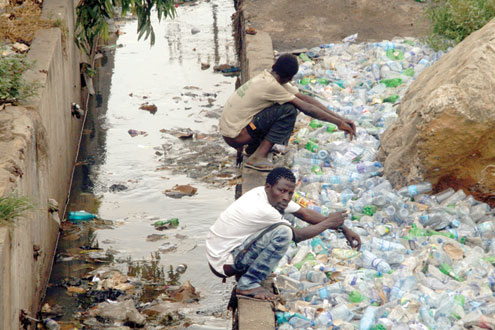By: Ahmed Kingimi
Maiduguri, Oct. 18, 2024, The United Nations Children’s Fund (UNICEF) put plan to end Open defecation
Unicef Water, Sanitation, and Hygiene (WASH) Manager stated this in Mauduri during its commemoration of World Toilet Day.
Mamita Bora Thakkar said , This year’s World Toilet Day is a reminder that Sanitation remains an unfinished agenda to achieve SDGs goals by 2030.
She stressed that progress towards universal sanitation is alarmingly off track, uneven between countries, and inadequate to eliminate the inequalities and ensure that the most vulnerable are reached.
She noted that open defecation does not only harm physical health, it decimates productivity, impedes school attendance, and affects overall quality of life.
She explained that According to the 2021 WASH NORM report, 53 percent of people in Borno State use a basic latrine; nearly half of the population without access to a basic toilet leaves nearly everyone in the state at risk of unsafely disposed excreta, cholera, and other water-borne diseases.
Mamita revealed that the recent flood that sacked Maiduguri and some LGs destroyed toilet and washing facilities and may expose residents to cholera and water-borne diseases.
Globally, there are 3.5 billion people living without safe toilets and 2.2 billion persons living without safe drinking water. 419 million people still go to the toilet in the open (‘open defecation’). Although these figures are global, they reflect our local reality. To boost access to infrastructure and service delivery and close the gap, the right policy action and enabling environment are necessary steps to achieve at scale and with sustainability.
The time is NOW. With six years left to the SDGs year 2030, the window for action is rapidly closing. Lack of sanitation has a profound impact on public health, economic productivity, environmental sustainability, and educational attainment especially for women and girls who are affected disproportionately by poor sanitation conditions.
She commended the Borno State government for taking steps to address Open Defecation through proper policy decisions and actions.




